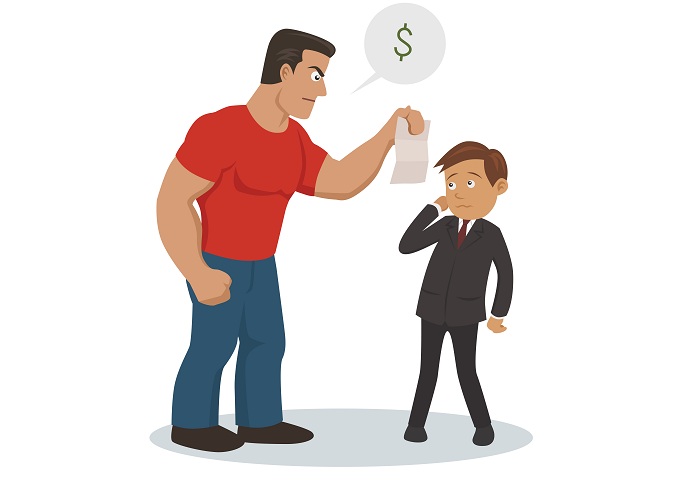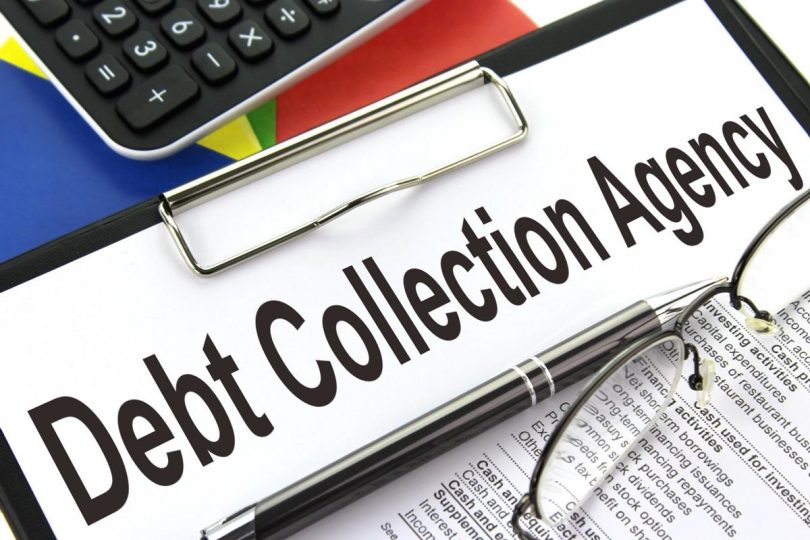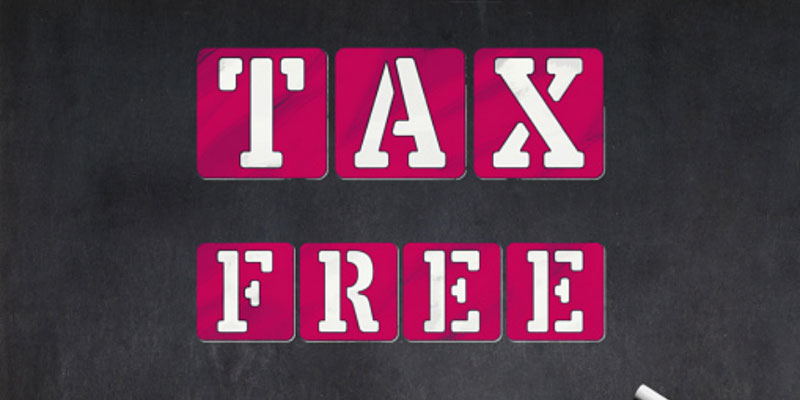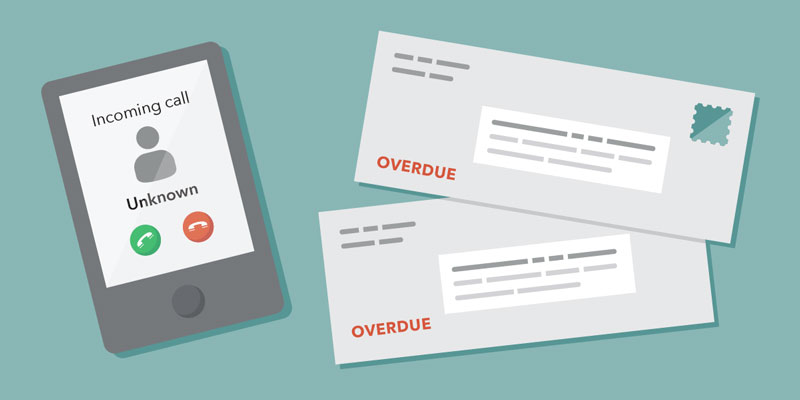Comprehending the Role of Debt Collectors
If a borrower cannot return their obligations or fails to make the payments that are due for a loan they have taken out, the delinquency will be reported to a credit agency. A debt collector's job description might include pursuing payment on a delinquent credit card, phone, auto loan, utility, and tax obligations. All of these are examples of debts that have gone unpaid.
It is often more cost-effective for businesses to hire a debt collector to pursue outstanding bills on their behalf than to pursue customers directly. The collector has access to the necessary tools and resources to hunt down a debtor, regardless of whether the debtor has moved or changed their phone number.
Multiple Strategies
In addition, these agents use a variety of tactics to persuade the debtor to settle their account, such as phoning the individual at their home and place of employment, as well as sometimes knocking on the individual's door to convince them to pay off their debt. The collection agents may also call the borrower's relatives, friends, and neighbors to verify the contact information they have on file for the individual; however, they are not permitted to divulge the reason they are attempting to get in touch with the people. An agent has the option of sending late payment reminders to the debtor by postal mail as well. In any scenario, debt collectors make it a point to give the debtor their undivided attention.

If the person sticks to their spending plan and pays off their debt, the creditor will pay the collector a portion of the monies or assets that the agency recovers. The debtor may be required to pay the whole amount of the debt all at once or simply a part of the debt at a time, but this will be determined by the contract agreement that was reached with the original creditor.
A "collection" status may be added to the borrower's credit report if the borrower continues to ignore missed payments on their account. However, if the borrower continues to ignore these payments, the collector may do so. Including this status on a credit report will almost certainly result in a lower credit score. They will have a harder time getting a loan in the long run if they have a poor credit score, which is particularly problematic given that an account being collected may stay on a credit report for up to seven years.
Regulations Regarding the Collection of Debts
FTC, responsible for ensuring compliance with the Fair Debt Collection Practices Act, keeps an eye on debt collectors (FDCPA). According to the debt collection process, debt collectors are not allowed to engage in any activities considered abusive, unfair, or misleading, according to the FDCPA. Debt collectors, for instance, are not permitted to contact debtors before 8:00 AM or after 9:00 PM, nor are they permitted to make false claims that a debtor would be jailed if they do not pay back the money they owe. In addition, a debt collector is not allowed to physically hurt or threaten a debtor to get them to make a payment. Furthermore, to legitimately collect assets from a debtor, the agent must first have prevailed in a court case against the debtor.

Last but not least, under the Fair Debt Collection Practices Act (FDCPA), a person frequently contacted by a debt collector in a short amount of time has the legal authority to send the debt collector a letter demanding that they stop their harassing activity. If, after having received the notice to stop, the collection agency continues to harass the person, the individual has the option of filing a complaint with the CFPB.



